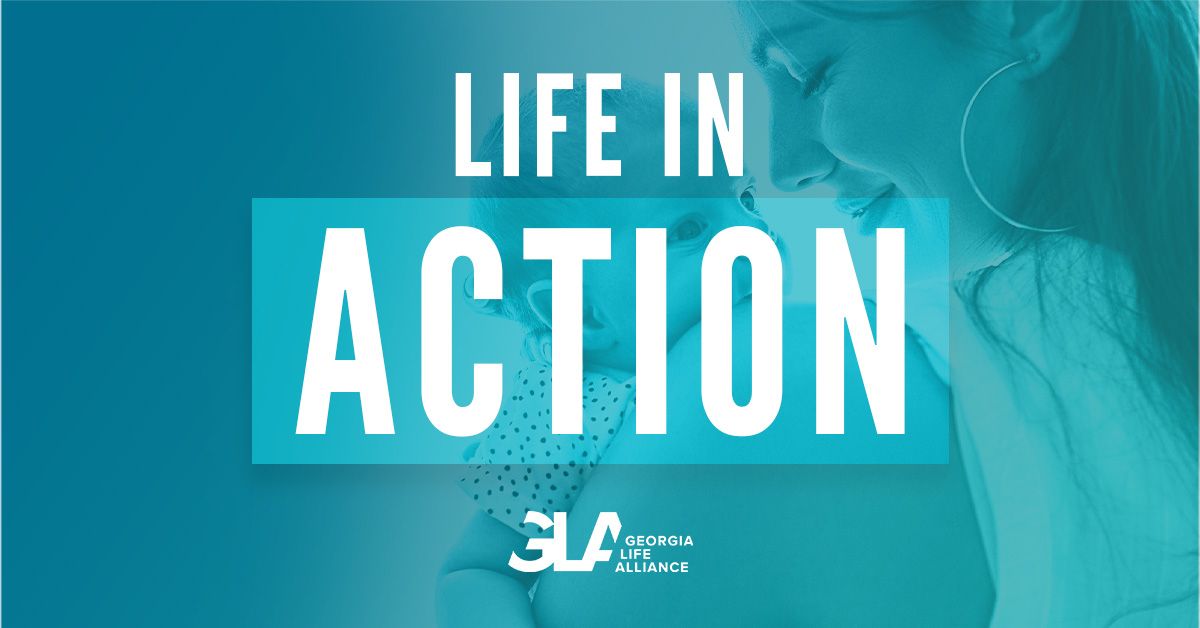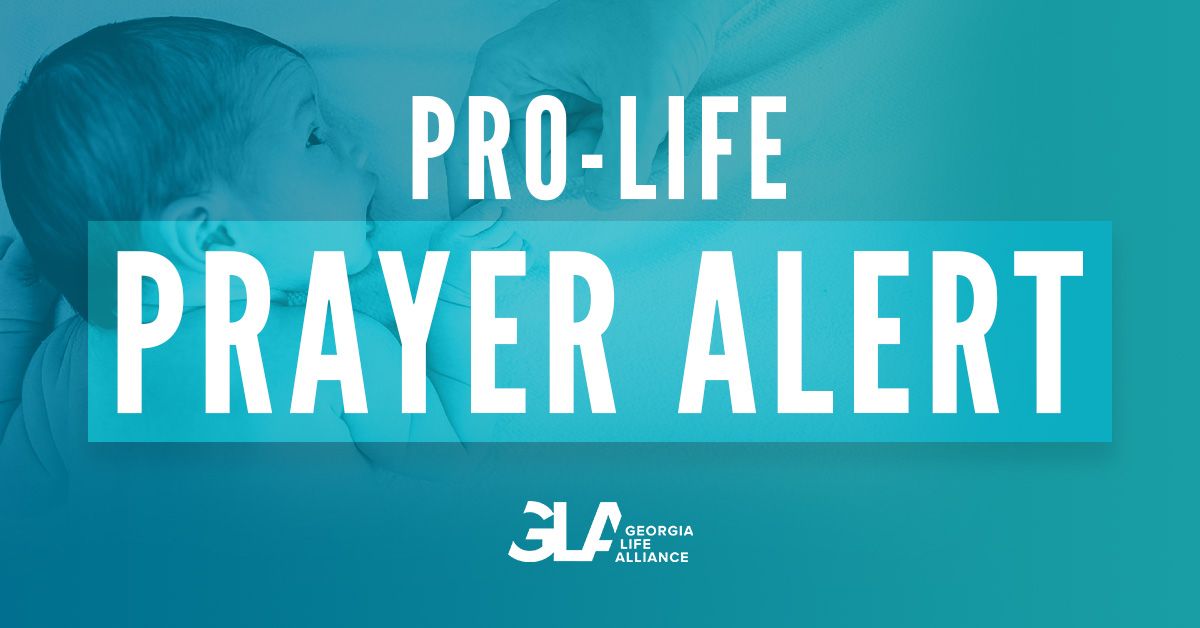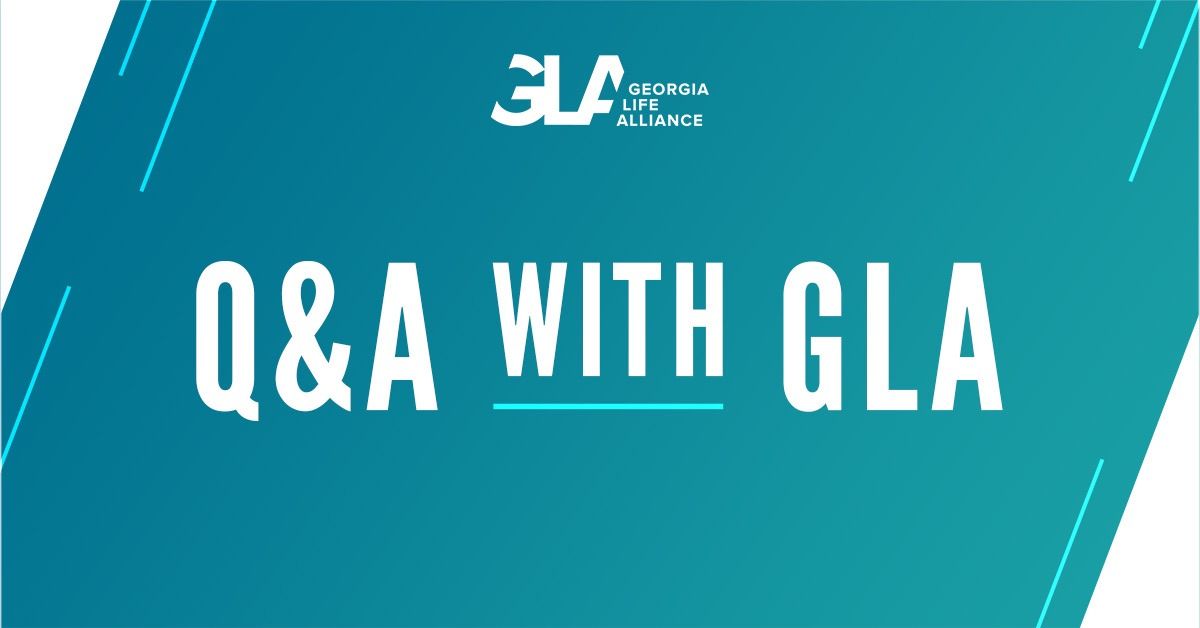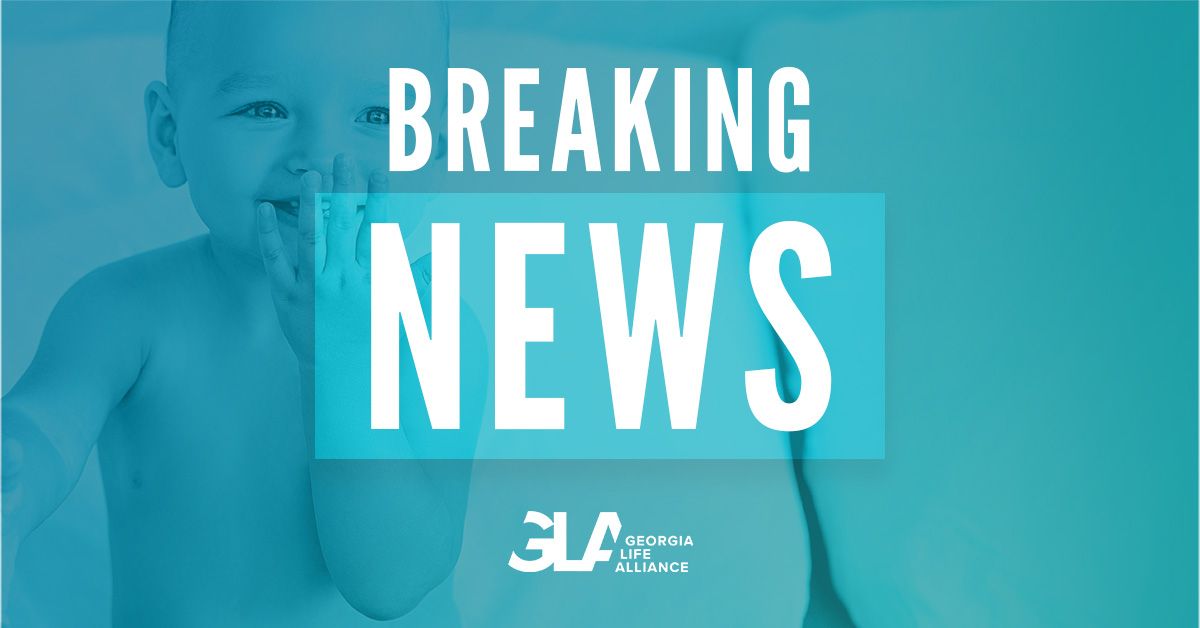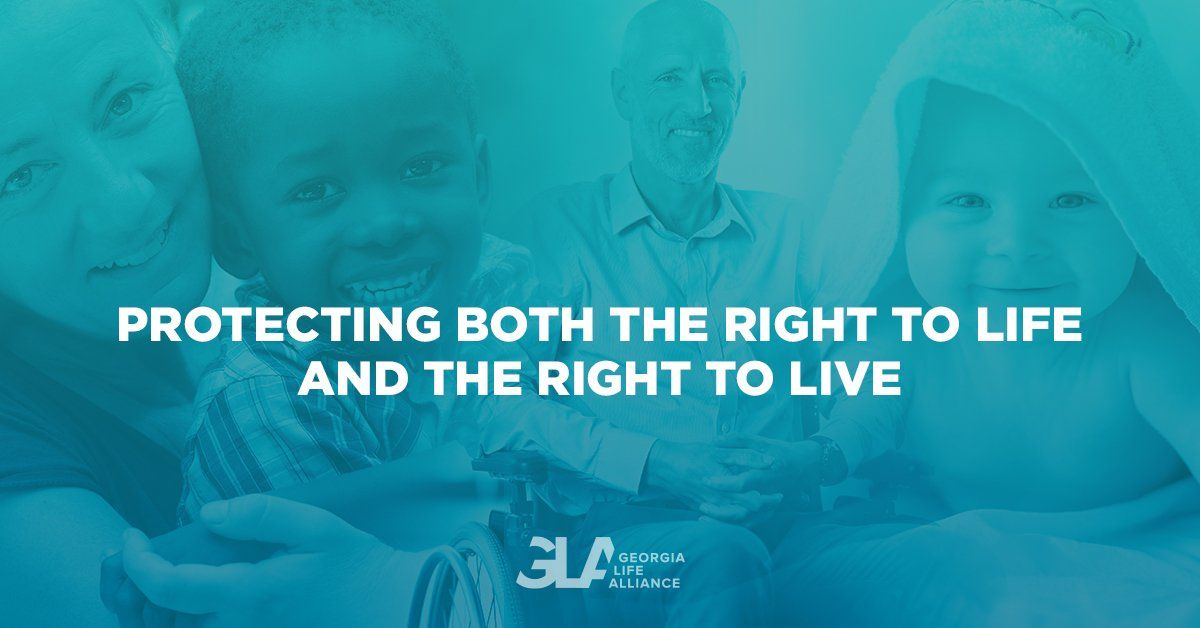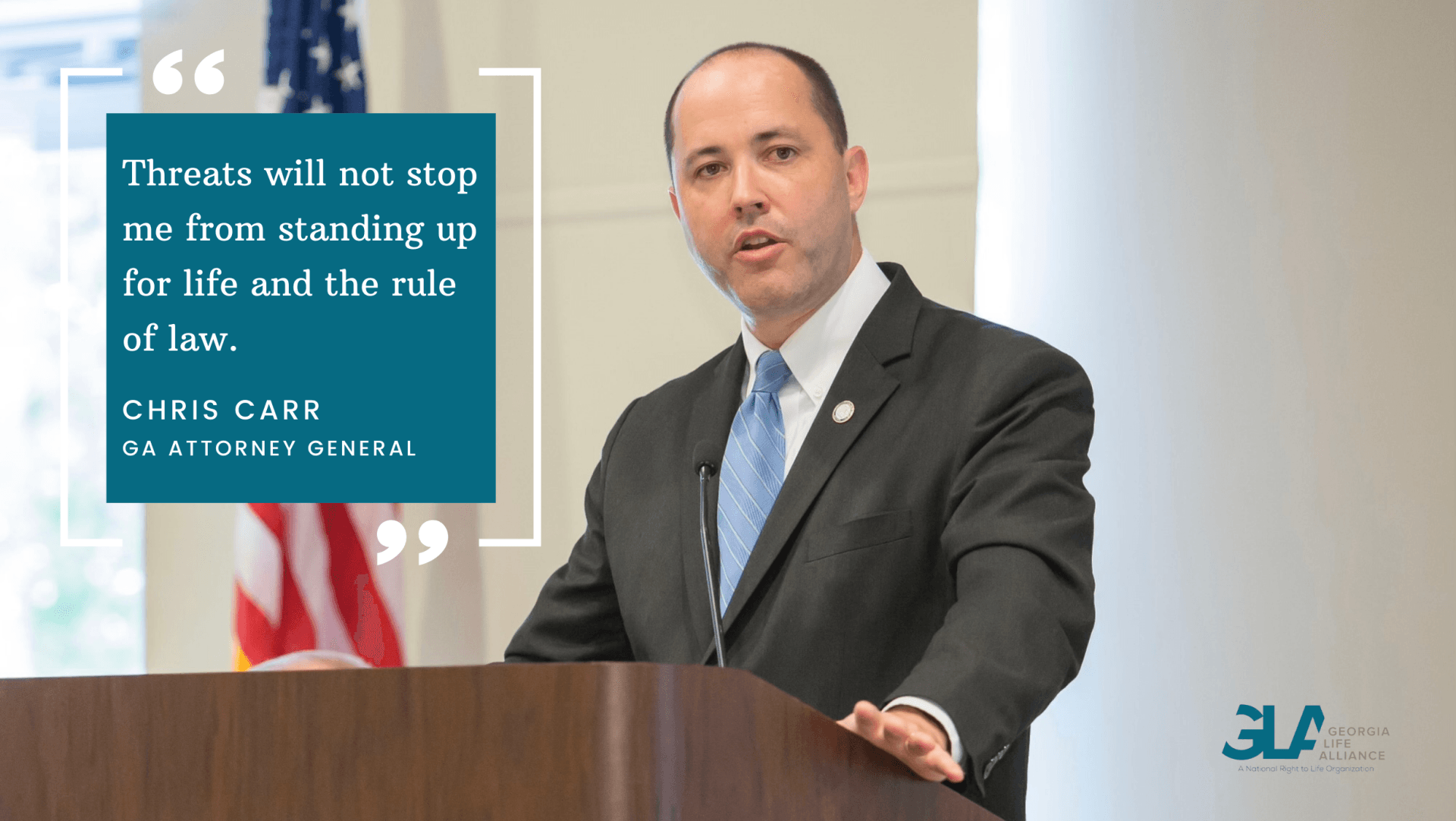Convention goers to NRLC 2016 heard three first-hand stories of “Deadly Consequences of Medical Discrimination” at an opening day general session. All were true accounts that would break your heart.
In 2010 Sheryl and Scott Crosier’s son Simon was born with Trisomy 18, a severe genetic anomaly. But rather than seeing their son’s birth as a “curse” (as described in the documenary, “Labeled”). they saw him as a “blessing,” as Scott told the audience.
After their son’s condition was diagnosed, the family could see in retrospect, the hospital staff tried to manage and manipulate them into seeinge Simon as a syndrome rather than a baby. The Crosiers rejected that dehumanizing approach and worked against a staff that continued to tell them there was nothing they could do for Simon. They went so far as to ask, when the parents sought care for their youngest son, “are you doing this to Simon or for Simon?” as if they were harming him, Mrs. Crosier said.
She told the audience that she could still hear Scott telling the staff, “We are not here to expedite his demise.”
But 88 and one-half days after Simon was born, he died. Only afterwards did they learn that the hospital, without asking them for permission or telling them, had placed a “DNR”-Do Not Resuscitate”—on Simon’s chart.
The care was so minimal, Sheryl said, that had their son not stopped breathing, he would have starved to death.
The Crosiers are the driving force behind “Simon’s Law”—introduced in Kansas and Missouri—so that no DNR order can be placed on a minor without parental consent and requires that hospitals and medical facilities must disclose any “futility” polices if asked.
Scott said that a reporter asked all 165 hospitals in one state if they had futility polices in place and only five said no.
NRL News Today readers are very familiar with Jahi McMath, the teenager who went into a California hospital to remove her tonsils only to be declared brain dead less than three days later. Her mother, Nailah Winkfield, vigorously disagreed with the hospital’s attempt to remove her daughter from a ventilator, adamant that she was not brain-dead.
After an intense legal battle, she was allowed to move Jahi to a hospital in New Jersey. Her mother filled in the details, which made the story even more heartrending.
For example, Jahi had a premonition she would not wake up from the surgery. That it was not until Nailah’s mother, a nurse of 30 years standing, returned to the hospital that they were told how serious Jahi’s condition was. Mrs. Winkfield outlined how they had stalled for time and called in the media to save Jahi and how her lawyer agreed to take on the case without being paid.
At various times, Nailah was told Jahi would be dead within a couple of days. Two and a half years after the surgery, Jahi is still alive and still responding. Her mother is caring for her full-time. And why? “My kid is not dead.”
Terri Schiavo’s brother, Bobby Schindler, provided a much appreciated update on the Terri Schiavo Life & Hope Foundation, which he started to honor his sister and to help other cognitively impaired individuals in perilous situations, and how he was privileged to help Mrs. Winkfield.
For More NRL News CLICK HERE.




